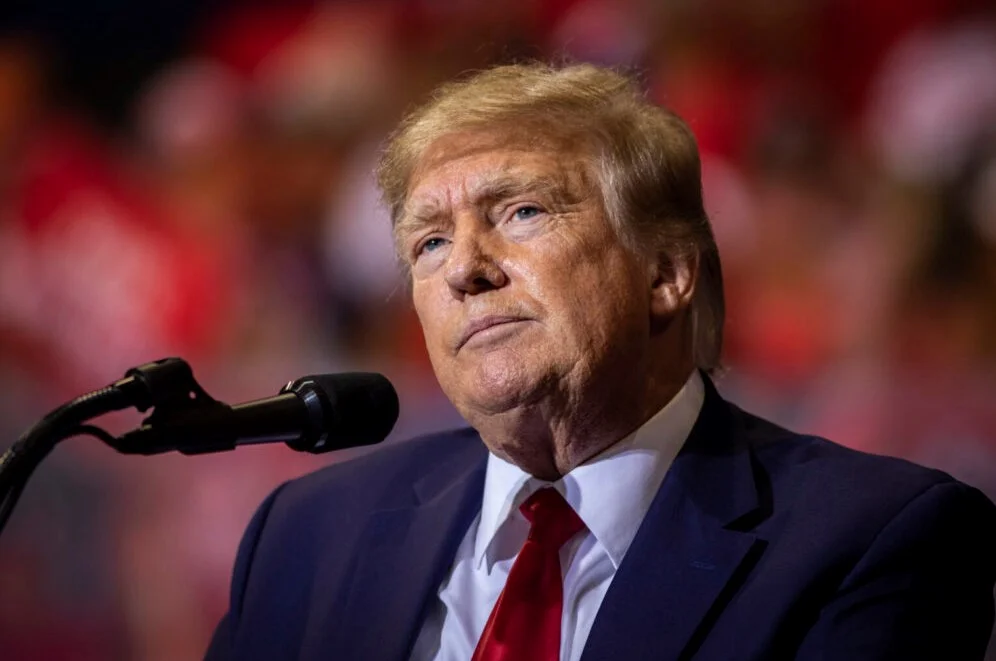
Former President Donald Trump (Image: Getty Images)
Summary:
- Former President Donald Trump seeks a Supreme Court pause in a lower court ruling that denies him presidential immunity from prosecution.
- If the Supreme Court agrees, it could delay the landmark criminal case alleging Trump’s efforts to overturn the 2020 election, possibly until after the November election.
In a significant legal maneuver, former US President Donald Trump is urging the Supreme Court to halt a lower court ruling that denies him presidential immunity from prosecution in the 2020 election interference case. Trump contends that as president, he cannot be tried for actions taken during his tenure. However, three lower court judges disagreed, asserting that he could face prosecution like any other citizen.
In our previous coverage, “Court Deals Blow to Trump’s Immunity Claims in Election Interference Case,” we explored how Trump’s legal team faced a setback as the court rejected his claims of immunity from prosecution. This rejection marked a pivotal moment in Trump’s ongoing legal saga, as it set the stage for further legal maneuvers and potential Supreme Court involvement.
Now, with Trump’s appeal to the Supreme Court representing a critical juncture in his legal challenges, the stakes have never been higher. Trump’s legal team emphasizes the disruptive impact of holding a lengthy criminal trial during an election season, asserting that it would severely hamper his ability to campaign against President Biden.
Trump’s attorneys wrote in their filing, “Conducting a months-long criminal trial of President Trump at the height of election season will radically disrupt President Trump’s ability to campaign against President Biden.”
Moreover, Trump’s legal team warns that denying him immunity could establish a dangerous precedent where similar prosecutions become increasingly common. They argue, “Without immunity from criminal prosecution, the Presidency as we know it will cease to exist.”
Should the Supreme Court decline to pause the ruling, a federal trial overseen by Judge Tanya Chutkan may be scheduled, likely in the spring. Trump faces three other criminal trials in addition to this one, including charges in Georgia and Florida related to the 2020 election, as well as a case in New York concerning a payment to adult film star Stormy Daniels.
Keep Reading:
- Serie A Clubs Maintain 20-Team Format After League Vote
- Trump’s NATO Remarks Draw Criticism from Western Officials
Trump’s legal team has consistently sought to postpone his criminal trials until after the 2024 election. In the federal election interference trial, Trump faces charges ranging from conspiracy to defraud the US to obstruction of an official proceeding.
Despite his denials of wrongdoing, a three-judge panel from the DC Circuit court rejected his claim of executive immunity, setting the stage for the Supreme Court’s intervention.
The Supreme Court’s response to Trump’s plea could vary, from resuming the federal trial to shutting down his immunity argument altogether. The timing of any potential trial hinges on whether the court decides to hear Trump’s appeal immediately or on its usual schedule.
As the legal battle unfolds, the Supreme Court’s decision holds significant implications for Trump’s political future and the integrity of the US legal system. The outcome could shape the landscape of American politics for years to come.
